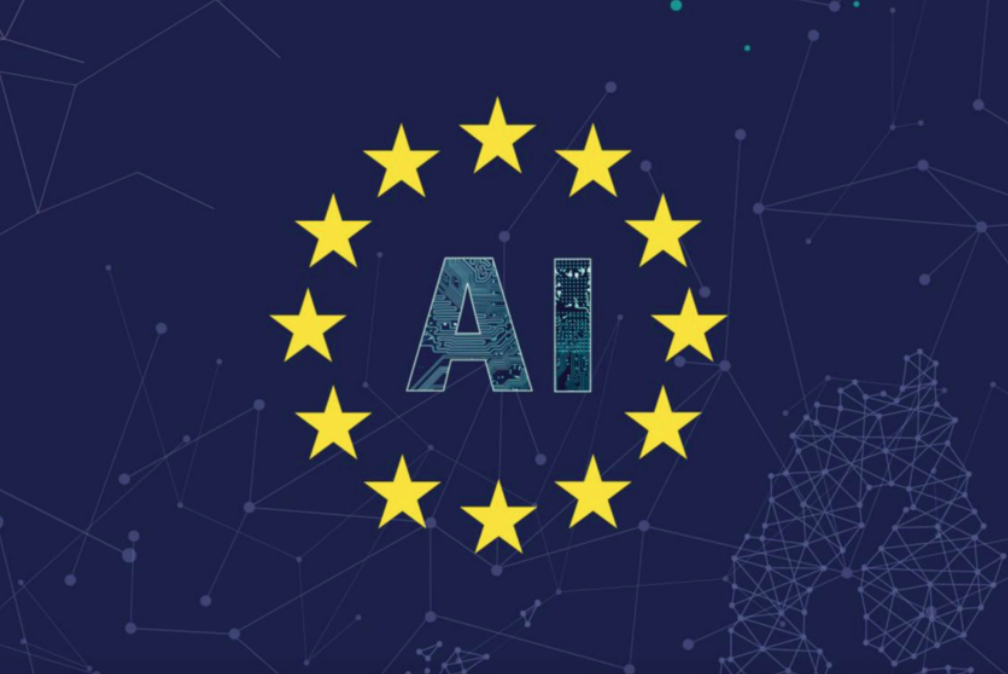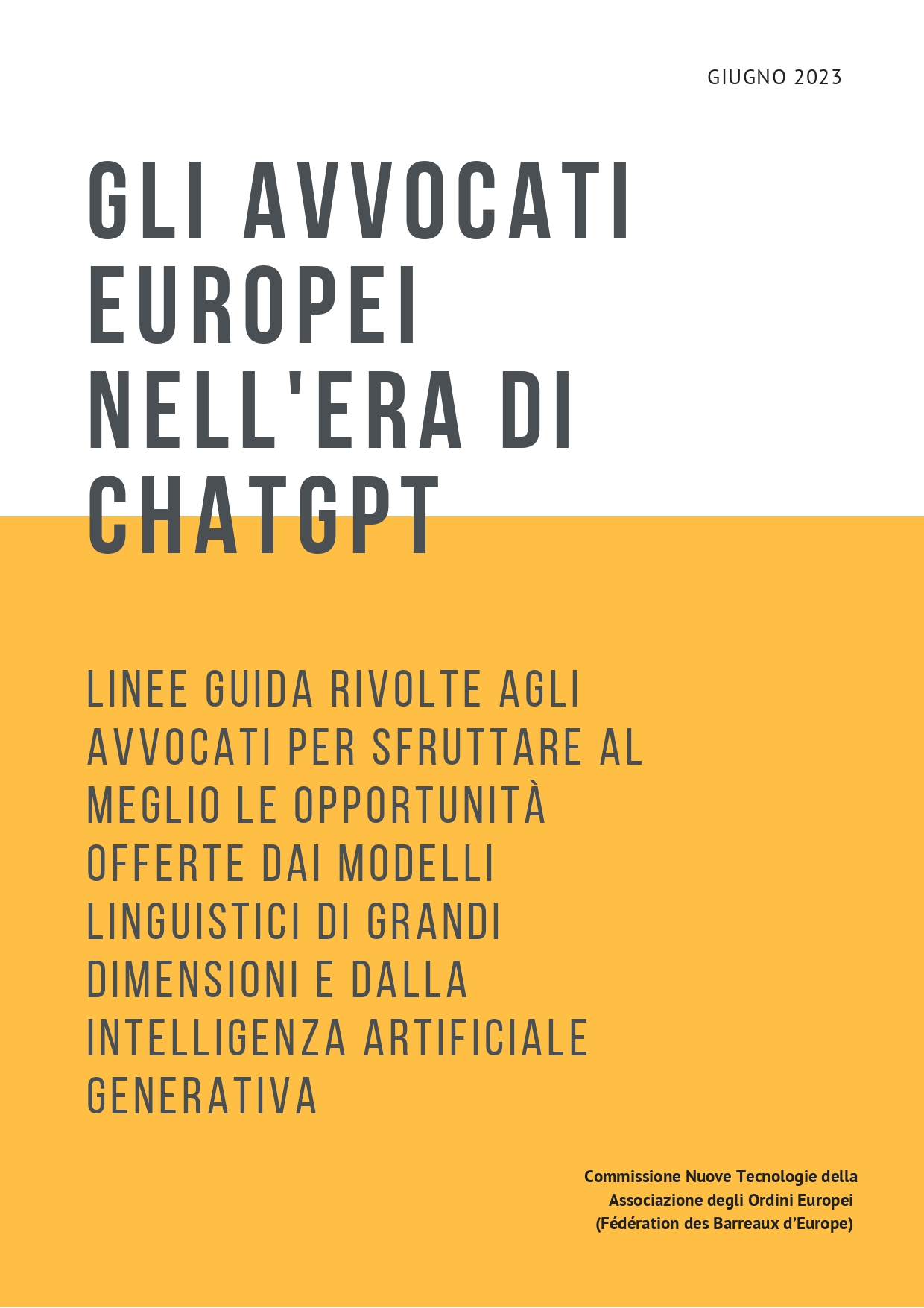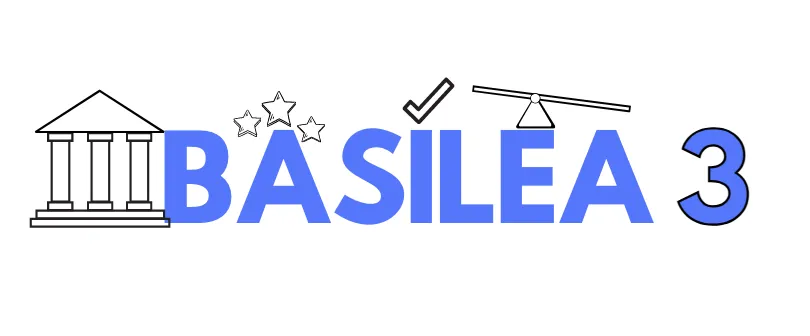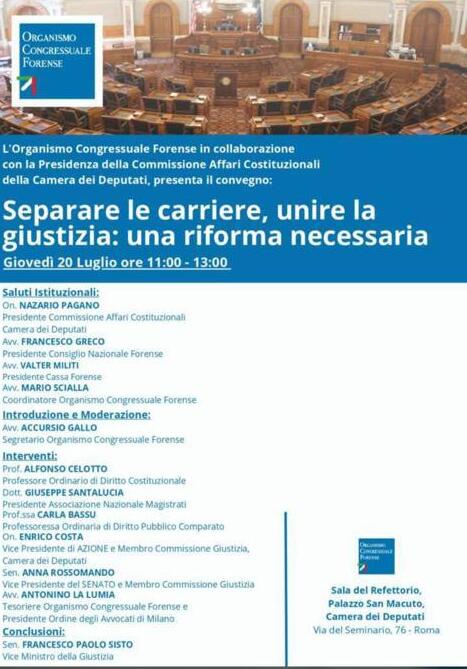ARTIFICIAL INTELLIGENCE ACT: AGREEMENT REACHED TO REGULATE THE USE OF ARTIFICIAL INTELLIGENCE IN EUROPE
🔷 The European Parliament and the Council have reached a first agreement on the proposal relating to the regulation of the use of Artificial Intelligence systems. The European Union, after China, will therefore be the first country to equip itself with a regulatory framework on the matter. 🔵 Following the political agreement, the ball then passes to the technicians for the drafting of the definitive text, which could see the light around mid-2024. 🔷 The Artificial Intelligence Act aims to combine the need for AI systems placed on the market to be able to guarantee fundamental rights and EU values, with the aim of stimulating investments and, therefore, cutting Europe an industry-leading role. 🔵 The basis always seems to be that of a harmonization, i.e. an ex ante protection which takes the form of processes for measuring the level of risk that AI systems can present with respect to fundamental human rights. The greater the risk, the more stringent the rules. 🔷 In a note from the European Parliament we read that ” 𝑖 𝑐𝑜𝑚𝑒 𝑎𝑑 𝑎𝑙𝑡𝑜 𝑟𝑖𝑠𝑐ℎ𝑖𝑜 (𝑎 𝑐𝑎𝑢𝑠𝑎 𝑑𝑒𝑙 𝑙𝑜 𝑟𝑜 𝑠𝑖𝑔𝑛𝑖𝑓𝑖𝑐𝑎𝑡𝑖𝑣𝑜 𝑝𝑜𝑡𝑒𝑛𝑧𝑖𝑎𝑙𝑒 𝑑𝑎𝑛𝑛𝑜 𝑎𝑙𝑙𝑎 𝑠𝑎𝑙𝑢𝑡𝑒, 𝑎𝑙𝑙𝑎 𝑠𝑖𝑐𝑢𝑟𝑒𝑧𝑧𝑎, 𝑎𝑖 𝑑𝑖𝑟𝑖𝑡 𝑡𝑖 𝑓𝑜𝑛𝑑𝑎𝑚𝑒𝑛𝑡𝑎𝑙𝑖, 𝑎𝑙𝑙’𝑎𝑚𝑏𝑖𝑒𝑛𝑡𝑒, 𝑎𝑙𝑙𝑎 𝑑𝑒𝑚𝑜𝑐𝑟𝑎𝑧𝑖𝑎 𝑒 𝑎𝑙𝑙𝑜 𝑆𝑡𝑎𝑡𝑜 𝑑𝑖 𝑑𝑖𝑟𝑖𝑡𝑡𝑜 ), 𝑠𝑜𝑛𝑜 𝑠𝑡𝑎𝑡𝑖 𝑐𝑜𝑛𝑐𝑜𝑟𝑑𝑎𝑡𝑖 𝑜𝑏𝑏𝑙𝑖𝑔ℎ𝑖 𝑐ℎ𝑖 𝑎𝑟𝑖”. In particular, among the requirements was included ” 𝑔𝑎𝑡𝑜𝑟𝑖𝑎 𝑠𝑢𝑖 𝑑𝑖𝑟𝑖𝑡𝑡𝑖 𝑓𝑜𝑛𝑑𝑎𝑚𝑒𝑛𝑡𝑎𝑙𝑖, 𝑎 𝑝𝑝𝑙𝑖𝑐𝑎𝑏𝑖𝑙𝑒 𝑎𝑛𝑐ℎ𝑒 𝑎𝑖 𝑠𝑒𝑡𝑡𝑜𝑟𝑖 𝑎𝑠𝑠𝑖𝑐𝑢𝑑 𝑎𝑡𝑖𝑣𝑜 𝑒 𝑏𝑎𝑛𝑐𝑎𝑟𝑖𝑜”. 🔵 Important news also regarding biometric identification systems (RBI) in spaces accessible to the public, the use of which will be limited to specific crimes, subject to authorization from the judicial authority. 🔷 In case of violation of the Regulation, there are financial penalties set as a percentage of the global annual turnover in the previous financial year or, if higher, for a fixed amount. Precisely, 35 million Euros or 7% for violations relating to prohibited AI applications, 15 million Euros or 3% for violations of the obligations of the AI Regulation and 7.5 million Euros or 1.5 % for providing inaccurate information. On the other hand, more proportionate ceilings are also foreseen for administrative fines for SMEs and start-ups.









